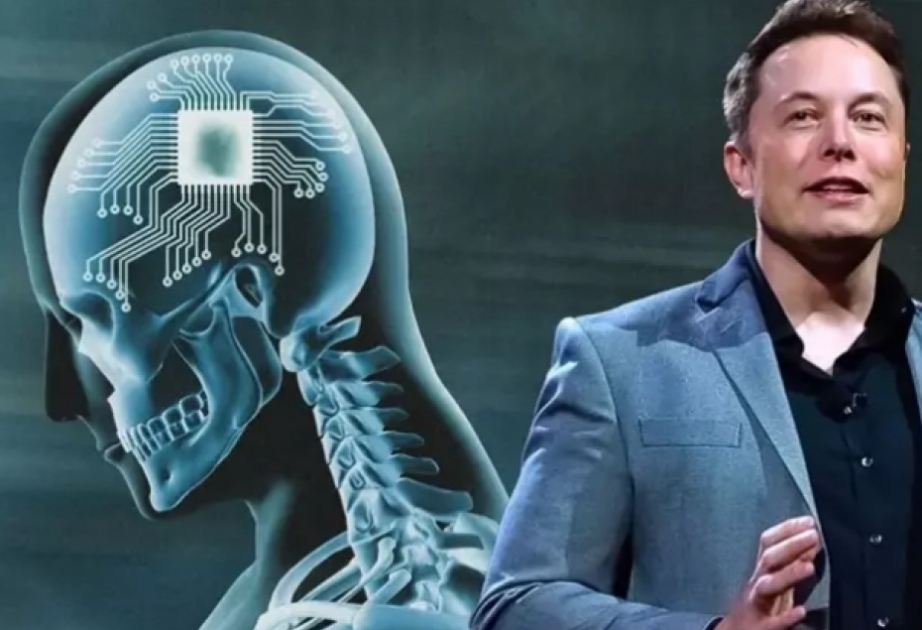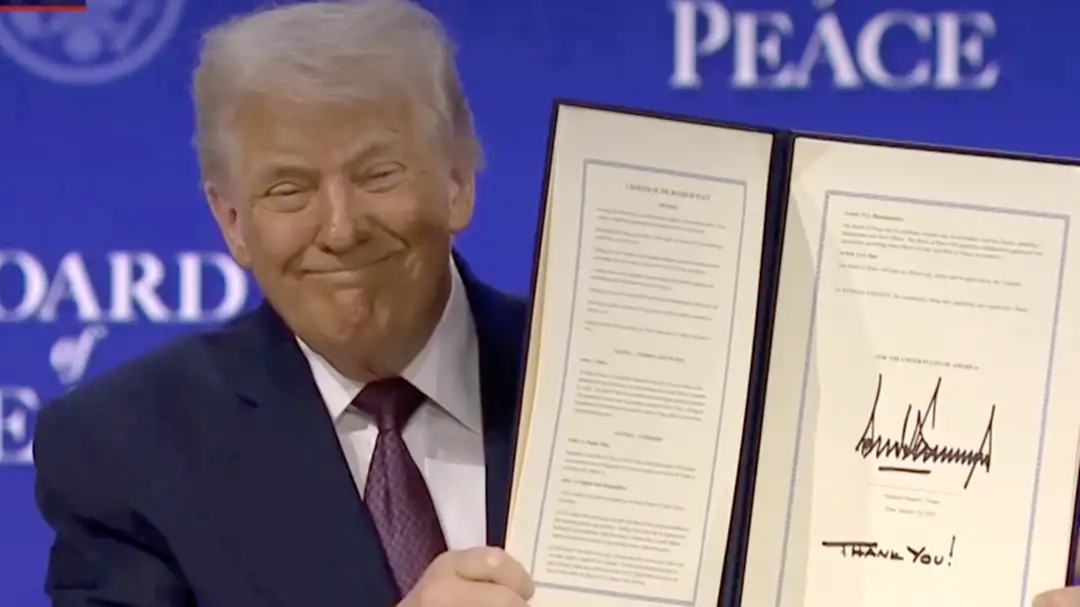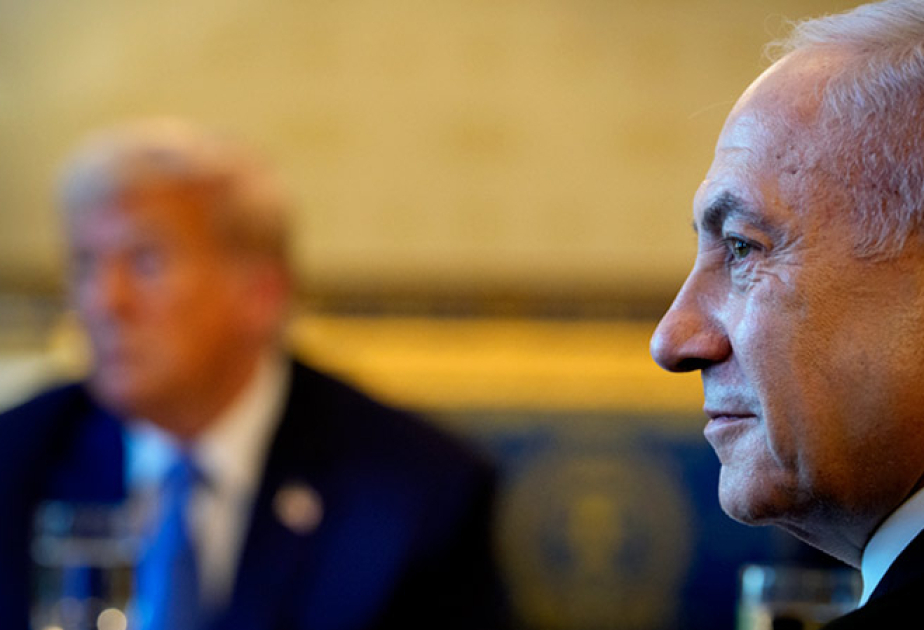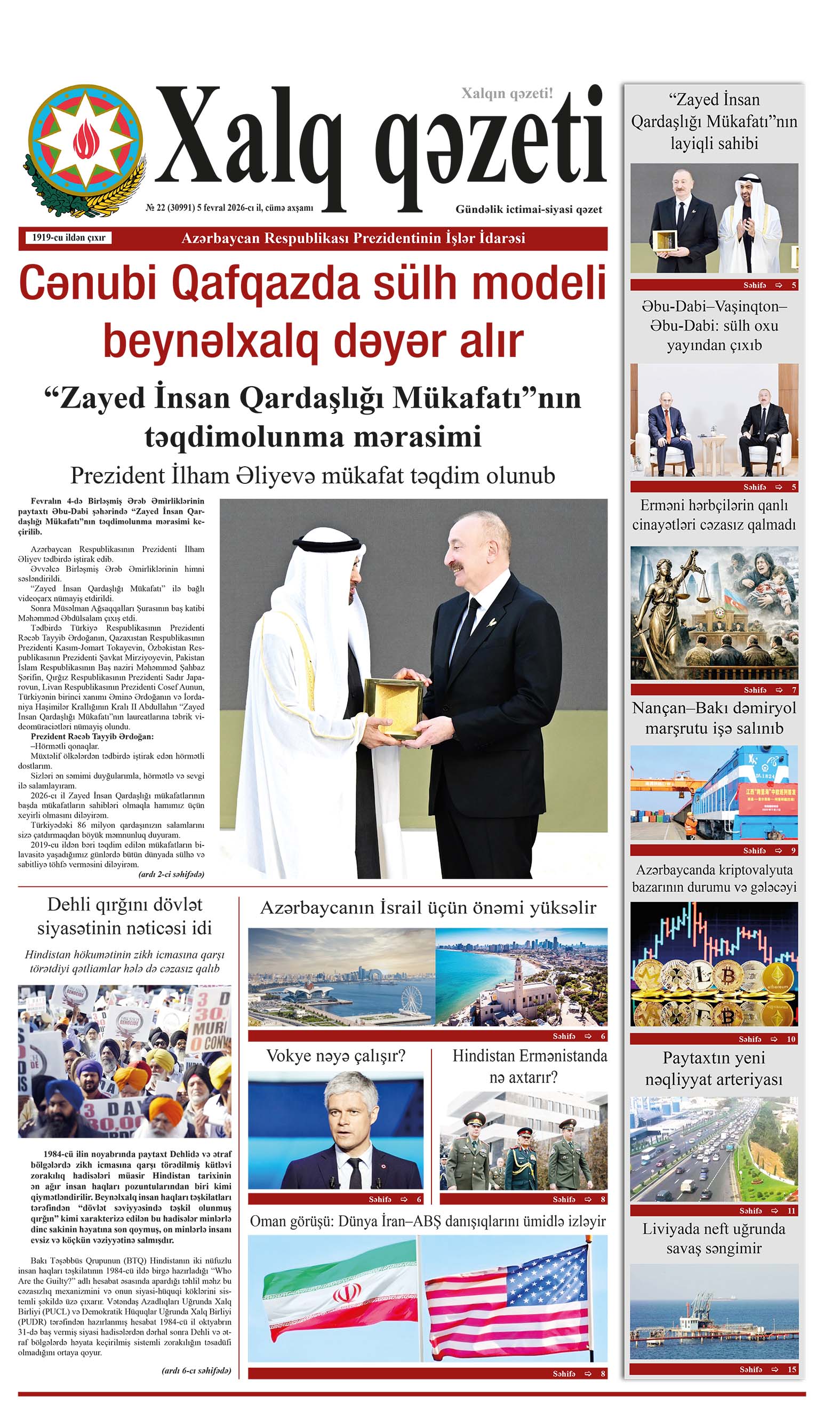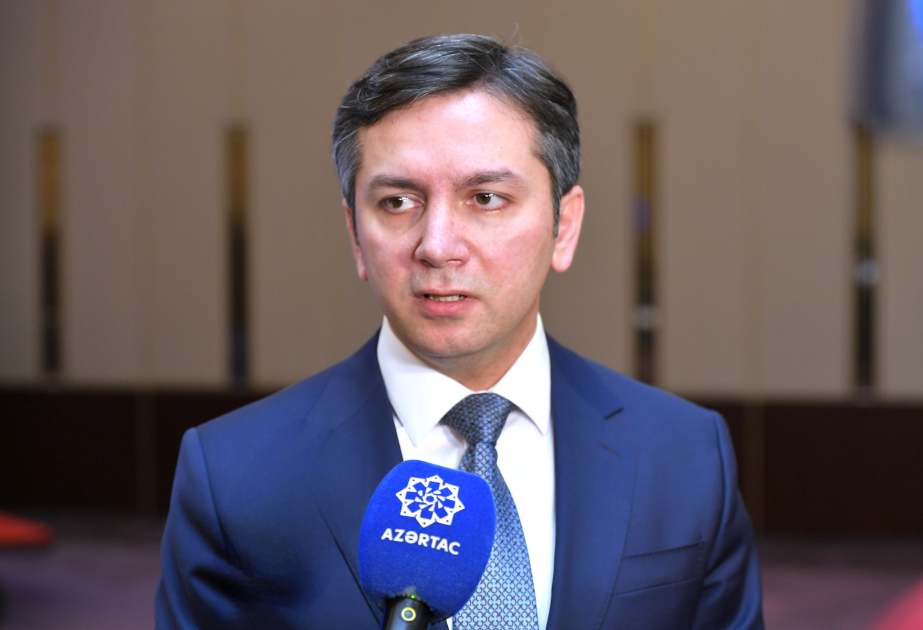The first human patient implanted with a brain chip from Neuralink appears to have fully recovered and is able to control a computer mouse using their thoughts, the startup's founder, Elon Musk, said, according to dailymail.co.uk.
'Progress is good and the patient seems to have made a full recovery, with neural effects that we are aware of,' Musk said in a Spaces event on X (Twitter).
'Patient is able to move a mouse around the screen by just thinking.'
Musk said Neuralink is now trying to get as many mouse button clicks as possible from the patient.
Neuralink successfully implanted the 'Telepathy' chip on the patient last month, after receiving approval for human trial recruitment in September.
The identity of the first Neuralink patient is still unclear, however; MailOnline has contacted the firm for more information.
Neuralink's tech uses a robot to surgically place a brain-computer interface implant in a region of the brain that controls the intention to move.
The system consists of a computer chip attached to tiny flexible threads stitched into the brain by a 'sewing-machine-like' robot.
The robot removes a small chunk of the skull, connects the thread-like electrodes to certain areas of the brain, stitches up the hole and the only visible remains is a scar left behind from the incision.
Musk said that this procedure takes just 30 minutes, does not require general anaesthesia, and patients will be able to return home on the same day.
It's unclear if all these promises apply to the first patient to receive the implant, although Musk said he or she is 'recovering well'.
However, following Musk's announcement that the first human had received a Neuralink implant, experts raised serious concerns about safety.
Speaking to MailOnline, Dr Dean Burnett, honorary research associate at Cardiff University, called the start of human trials 'disconcerting and alarming'.
'The speed at which [Musk] has gone from having no involvement in neurosurgical implants to making massive global statements is disconcerting and alarming,' he said.
'The thing is he has this huge army of supporters that may volunteer for this kind of thing and I do think that's quite dangerous when it comes to sticking things in people's bodies.'
While Dr Burnett said that this first patient will very likely be safe, he adds that 'the bigger risk is that people see this work well and then roll it out because not every procedure is going to be under the same spotlight.'
He added: 'I wouldn't do it [receive an implant] and if I could talk to the person that has volunteered for it I would try to talk them out of it.'
Neuralink's initial goal is to let people control a computer cursor or keyboard using their thoughts and communicate wirelessly with the world – like 'replacing a piece of the skull with a smartwatch', Musk has said.
It would enable us to share our thoughts, fears, hopes and anxieties without demeaning ourselves with written or spoken language, the firm claims.
But it could also help paralysed people walk again and cure other neurological ailments.
In a post on X (formerly Twitter) Musk said that the Telepathy device 'enables control of your phone or computer, and through them almost any device just by thinking.'
He added: 'Initial users will be those who have lost the use of their limbs.
'Imagine if Stephen Hawking could communicate faster than a speed typist or an auctioneer. That is the goal.'
Musk has also said that he'd be comfortable implanting a brain chip into one of his children, in response to a query.
'I would say we're at the point where at least, in my opinion, it would not be dangerous,' he said in December 2022.


